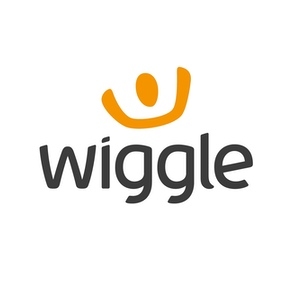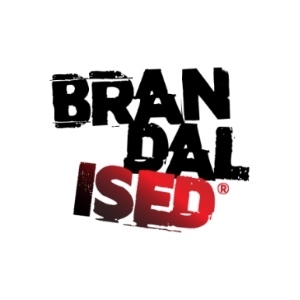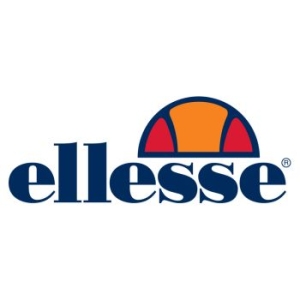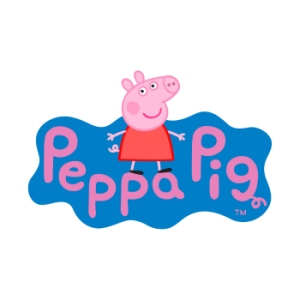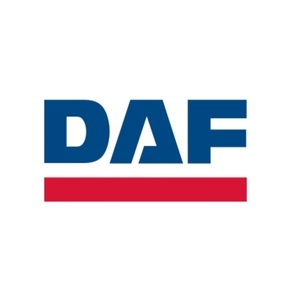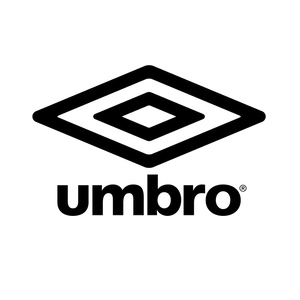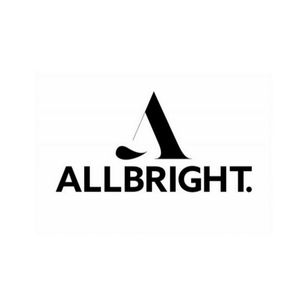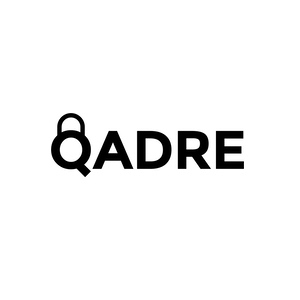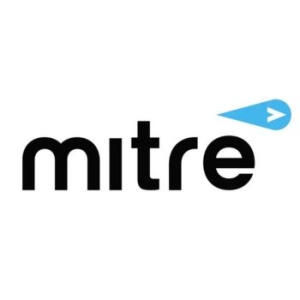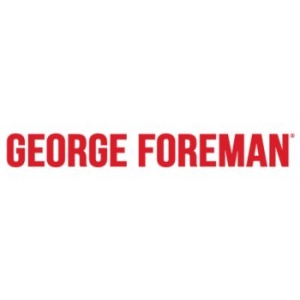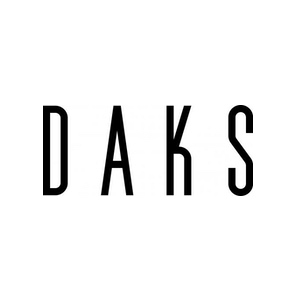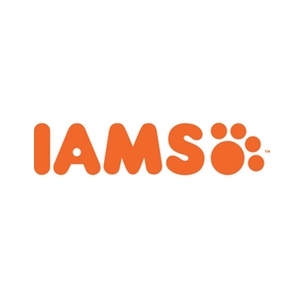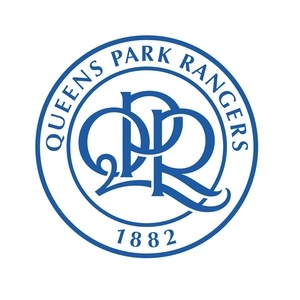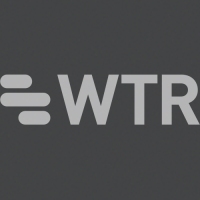Search-a-brandPowered by BRANDSMITHS
Search-a-brand assists you in researching, choosing and building a brand for your company, service or product. Try it out and search with the intended name!
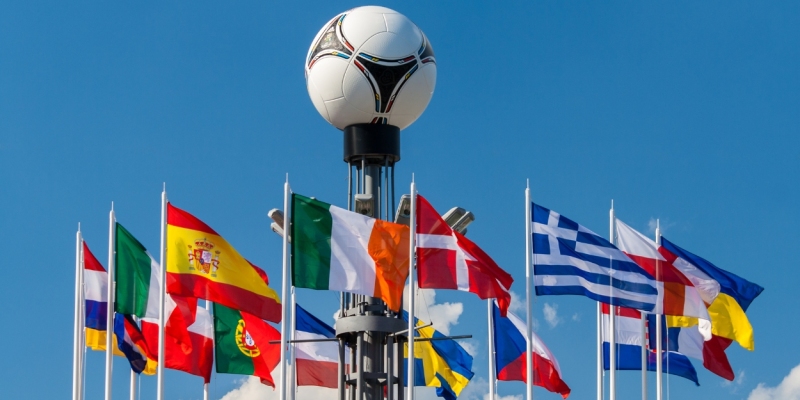
INJUNCTION GRANTED OVER THE FIFA AGENT REGULATIONS
Author: Maxime Van Den Djissel
What does the German District Court's decision mean, and how will it impact the regulations?
Introduction
Earlier this year, FIFA formally implemented the new FIFA Agent Regulations (the “Agent Regulations”) under the guise of improving the professional and ethical standards of the occupation as part of FIFA’s initiative to “modernize the football regulatory framework” and establish a “fairer and more transparent football transfer system”. The Agent Regulations contain detailed restrictions on the activities of football agents including the introduction of a licensing system (which includes both an examination process and an annual license fee), bans on multiple representation and commission caps. Whilst the Agent Regulations were welcomed by some, they have also immediately become the subject of heavy litigation through the EU Member States – particularly in relation to their compliance with EU competition law.
In April, a Mainz District Court in Germany referred a preliminary ruling on the Agent Regulations to the European Court of Justice (the “ECJ”) in relation to their compatibility with EU competition law. It does however, take an average of 15-18 months to obtain a decision from the ECJ on a preliminary ruling request. In view of the time it would take for the ECJ to render a decision, a District Court in Dortmund subsequently decided there was enough urgency to grant an injunction thar prevents the implementation of the Agent Regulations in German Football.
What does this Injunction mean and how will it impact the implementation of the Agent Regulations?
The injunction prevents the German Football Association from implementing the Agent Regulations as they contain anti-competitive elements pending the outcome of the preliminary ruling of the ECJ. For the time being therefore, it decidedly stops the German Football Association from enforcing the Agent’s Regulation’s provisions on licensing, multiple representation, and commission caps.
It is, however, important to remember that football is an extremely international sport, and the injunction will be confined to Germany alone. Accordingly, all other remaining national associations will nevertheless be expected to implement the Agent Regulations by the 30 September 2023 deadline (unless similar injunctions are granted). Indeed, the injunction in Germany is in contrast to a recent ruling in the Netherlands where two groups of football agents (the EFFA and Pro Agent) lost a case they brought on the same basis (i.e. by reference to anti-competitive elements in the Agent Regulations) and were ordered to pay costs.
EU Competition Law & the Case Against the FIFA Agent Regulations
This is certainly not the first time FIFA’s attempts at regulating the football agent industry have been challenged for their compatibility with EU Competition law. In the past, the ECJ has been willing to permit otherwise prohibited restrictions on competition on the basis that FIFA agent regulations pursued a legitimate aim of raising the ethical and professional standards for football agents.
The question nevertheless remains whether this position will hold true with respect to the new Agent Regulations. ECJ jurisprudence dictates that compatibility of sport-related regulations with EU competition law must be assessed on a case by case basis. It will therefore be for the ECJ to examine whether (i) restrictions contained in the Agent Regulations are inherent to achieving the legitimate objectives of the regulations; and (ii) whether such restrictions are proportionate.
In relation to the new Agent Regulations the aims of protecting players, increasing transparency and raising ethical standards will likely be considered legitimate objectives. However, it is certainly arguable, in view of the fact that agent services tend to be ancillary to the sports themselves – that the restrictions contained in the Agent Regulations go far beyond what is inherently necessary in pursuit of those aims. At the same time however, and particularly in view of the AG Opinion recently handed down in relation to the European Super League – the ECJ has shown a willingness to permit certain, otherwise, anti-competitive behaviours in favour of the specific nature of football.
Brandsmiths is a trading name of Brandsmiths S.L. Limited which is authorised by the Solicitors Regulatory Authority, SRA No: 620298. Founding Partner: Adam Morallee
Privacy and Cookie Policy | Terms and Conditions | Complaint Procedure | Site by: Elate Global



